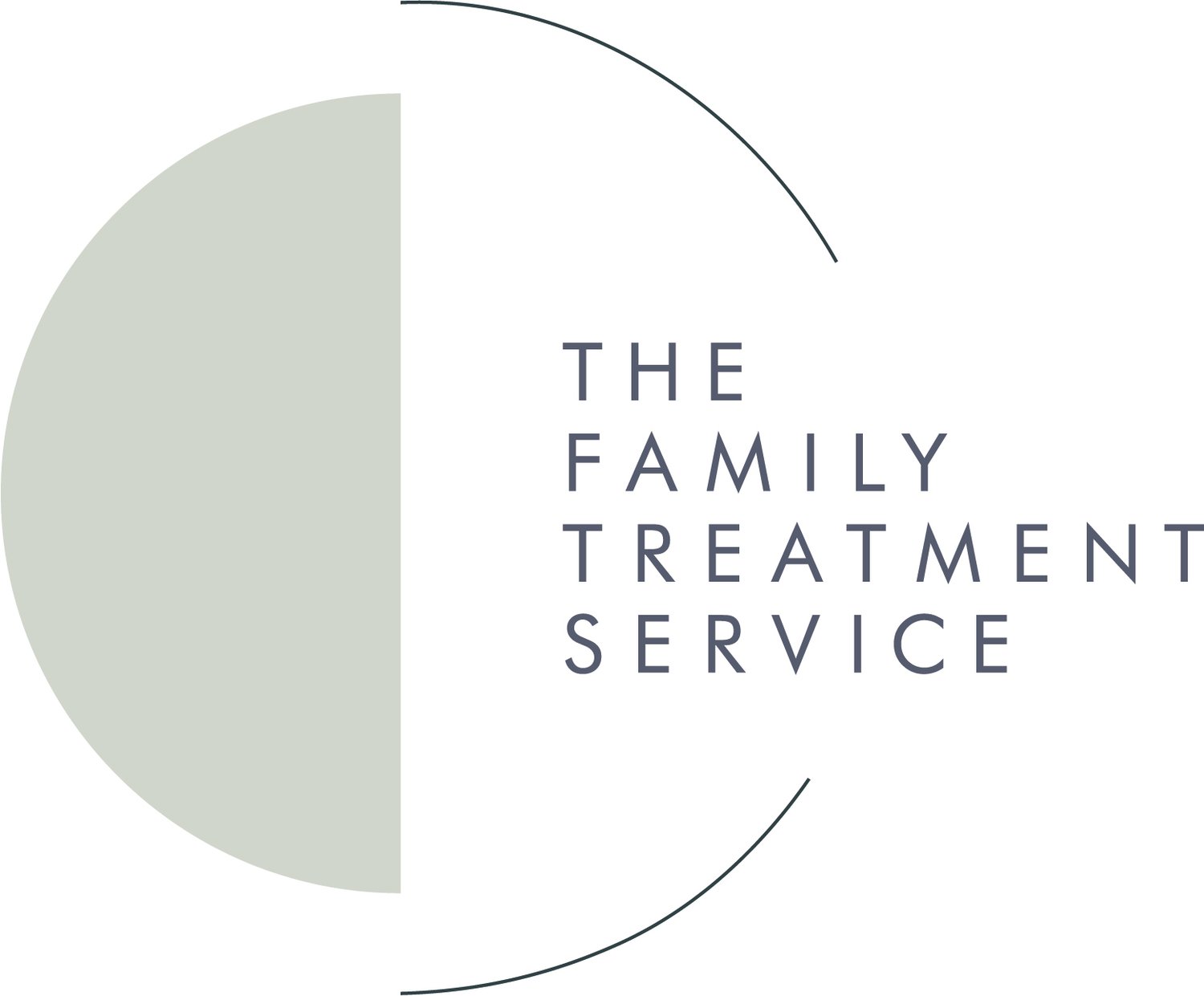Parenting Differently
Recently I was inspired by an old school friend of mine. She posts fantastic content about her own mental health, therapy and her training to become a therapist herself and is an amazing mental health advocate. We started talking about our experiences of being parented, and how this affects our own parenting.
In Family Therapy we talk about the enactment of “family scripts” or, what Selma Fraiberg (1987) describes as the “ghosts in the nursery.” These fall into two categories;
Replicative scripts: This is when we fall into patterns of doing what our parents did when they were parenting us. Lots of this is replicating positive experiences such as traditions, sayings, the way we nurture them. However, much to the frustration of us all (and however much we proclaim we will never do it) it is also very easy to fall into the pattern of replicating negative scripts, both consciously (e.g. it never did me any harm) and unconsciously. Of course it is pretty much impossible to be aware of what you are doing unconsciously, but one way is to think about your “blind spots” and “triggers” and whether these arise from how you were parented, therapy can help you with this! The other thing that some space to explore might give you is the opportunity to deal with your own feelings about what you “should” and “shouldn’t” be doing as a parent, particularly if you are triggered by patterns that you see repeating from your own childhood.
Corrective scripts: We all have had those moments when we have thought “I will NEVER do that when I am a parent,” and for lots of us that will be especially pertinent in relation to the way we were parented ourselves. Of course, sometimes we feel ourselves doing it anyway (and gain a lot of empathy for our own parents in the meantime) but there is also the chance that we will be able to “correct” the pattern and do something differently in a conscious way. These scripts are of course driven by our emotional response to our past and thus the danger is that we can overcompensate and find it hard to achieve a “middle ground’ instead going too much the other way. For example, feeling abandoned and lonely as a child and thus finding it difficult to promote healthy separation with your own children.
Of course, activation of our family scripts from our families of origin are expected and normal, and predictability makes family life safe. If we want to think about the ones that have arisen in our family it might be helpful to think about roles that we hold, or disagreements that we find arising repetitively. When a family is able to adapt and change and take on board the societal and cultural context this leads to “improvised scripts,” adopted by the most resilient families. These are important as a family is a blending of people from different routines, values and beliefs with their own ideas and scripts that have to forge their own way somehow, often in the moment.
Having some time to explore our families of origin, family scripts and how we merge these together as a couple and as parents can be helpful at any stage of a relationship. I’m a huge advocate for couple therapy in the “planning” stage- whether that is planning a life together or planning a family, planning a separation or big life change. It can help create a space for discussion so that we can head into these situations with an idea of how we can manage and what we would like to do, meaning there is less likelihood of responses we may regret or disagreements.
References
Byng-Hall, J. (1985). The family script: A useful bridge between theory and practice. Journal of Family Therapy, 7, 301-305
Byng-Hall, J. (1988) Scripts and Legends in Families and Family Therapy. Family Process 27:167-179
Fraiberg, S., Adelson, E. & Shapiro, V. (1980). Ghosts in the nursery: A psychoanalytic approach to the problem of impaired infant-mother relationships. Journal of the American Academy of Child Psychiatry, 14, 3.

